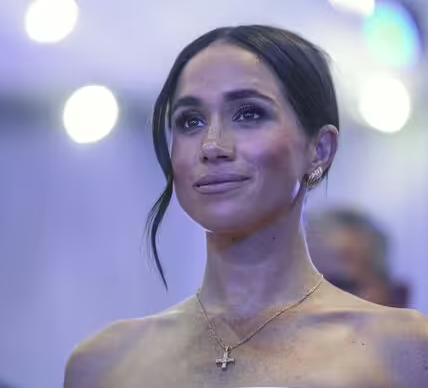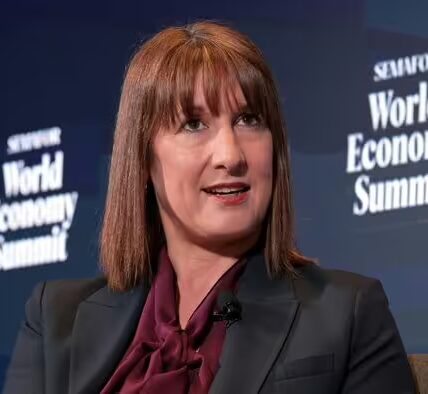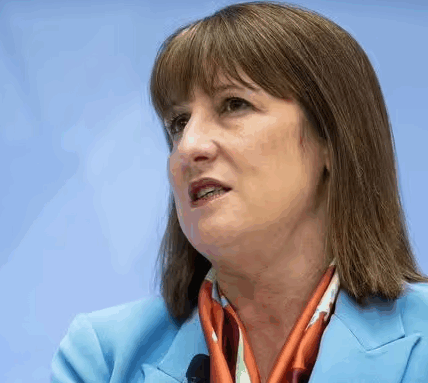Families with six or more children could receive £14,000 extra annually if Rachel Reeves scraps the two-child benefit cap, costing taxpayers £2.5bn a year.

18,000 families could get £14k boost (Image: Getty)
Families with six or more children are set to pocket a staggering £14,000 extra a year if the Chancellor, Rachel Reeves, scraps the two-child benefits cap in the Autumn Budget. The move would cost taxpayers billions, and hand five-figure payouts to thousands of large households.
According to an analysis of official Department for Work and Pensions (DWP) data, at least 18,000 households are expected to receive a minimum of £14,054 in extra cash once the cap is lifted. A further 37,000 families with five children would pocket an extra £10,541, while 117,000 households with four children would receive an additional £7,027.
Some 297,000 families with three children would receive an extra £3,513 in support.
In total, the changes could cost around £2.5billion in the first year alone, with more than a quarter of a million households in line for a massive increase in their benefits.
The sheer scale of the extra payments has sparked fury, with MPs warning that hardworking families are being asked to foot the bill for an expansion of welfare that they didn’t vote for.
Polling even shows that the public overwhelmingly wants the cap kept in place.
A survey by YouGov, conducted this summer, showed that 59% of Brits think it should stay.
Neil O’Brien, the Member of Parliament for Harborough and a Shadow minister, said that the Chancellor was making the choice to spend more on welfare whilst hiking up taxes to pay for it.
Speaking to the Express, he warned: “Rachel Reeves says that she has ‘no choice’ but to once again break her promises and raise tax again. The reality is that this is a choice she is making, not least that she can spend more on benefits.”
He added that “working people would have to work an extra job to take home this much extra after tax. They will be having to work harder and make difficult decisions so that other people don’t have to.”
Helen Whately, the Shadow Work and Pensions Minister, said that Reeves was “going to hike taxes to pay for Labour’s failure to control welfare spending”.
She suggested the Chancellor was lifting the cap to “appease angry backbenchers”, and described lifting the cap as “unfair” and “unaffordable”, adding “you don’t get paid more at work for having extra children” .
She added: “Working parents, already saddled with higher taxes from the last budget […] should not have to pay more to fund families on benefits to have a third, fourth or fifth child.”
Another MP, Reform UK’s Lee Anderson, said it was a “kick in the teeth for hard-working Brits who set their alarm clocks every night.”
He said that “whilst they are putting in a shift and paying their taxes, there is some able-bodied person on their street that has no intentions of ever getting out of bed in the morning and contributing towards society.”
Mr Anderson described the Labour Party as “the party of the shirkers” and said that Reform would “end this madness, reward the workers and send a clear message out to the shirkers. Go to work.”
Joining the criticism, the Taxpayers’ Alliance slammed the budget giveaway. Elliot Keck, the group’s campaign director, described it as “staggering” that some families could get a “five-figure boost in taxpayer-funded support while millions of working households struggle to pay the basics.”
He added: “When the welfare system pays more for having additional children than many people earn through work, it will make ordinary taxpayers question what they’re working for. The government must not scrap the two-child benefit cap.”
Shadow Chancellor, Sir Mel Stride, said that “as families across the country tighten their belts, politicians owe the public honesty – not empty promises and reckless spending. The two child benefit cap must stay. It’s not just responsible – it’s fair.”
He added: “Rachel Reeves says she has no choice but to raise taxes. She does. She could control spending. Instead, she’s choosing higher taxes to pay for more and more welfare – and it’s working people who will pay the price.”
The two-child limit, initially brought in to stop benefits incentivising large family sizes, restricted support to the first two children except in specific and limited circumstances.
Removing the cap would mean families with large households will see the biggest financial gain.
Rachel Reeves is expected to announce a lifting of the cap in the budget [26 Nov 2025], following a backbench rebellion after the last Budget, which saw several Labour MPs suspended for months after refusing to back keeping the cap in place.
The Government was approached for comment.


